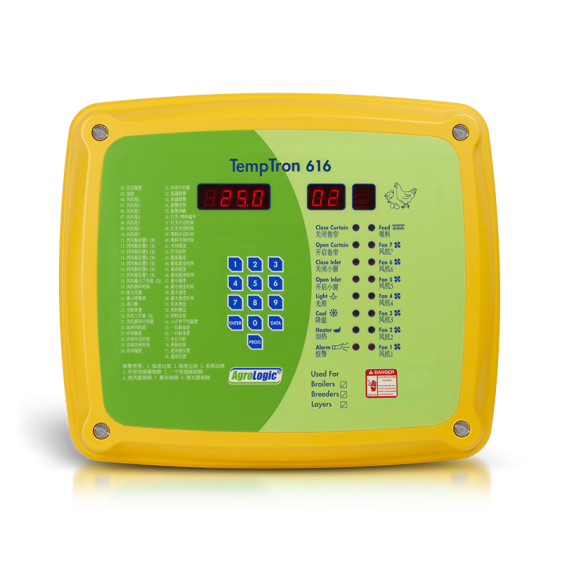Nov . 06, 2024 03:34 Back to list
type of hdpe pipe product
Types of HDPE Pipe Products
High-Density Polyethylene (HDPE) pipes are widely regarded for their superior strength, lightweight nature, and durability. These pipes are utilized in various applications, including water distribution, sewage systems, drainage, and industrial processes. The versatility of HDPE pipes comes from their ability to be produced in various forms, each tailored for specific applications. Here, we explore the different types of HDPE pipe products available in the market.
1. Water Supply Pipes
One of the most common applications for HDPE pipes is in water supply systems. These pipes are designed to transport potable water efficiently and have excellent resistance to corrosion, chemical leaching, and environmental stress. Water supply HDPE pipes come in various diameters, typically ranging from 16 mm to 2000 mm, making them suitable for both small-scale and large-scale distribution networks. Additionally, they are resistant to freezing and can handle high pressure, ensuring the reliability of water supply even in challenging conditions.
2. Sewer and Drainage Pipes
HDPE pipes are also extensively used in sewer and drainage applications due to their high durability and resistance to cracking. Sewer pipes made of HDPE can handle the aggressive nature of sewage and are less likely to suffer from corrosion compared to traditional materials like concrete and PVC. These pipes are often manufactured with a smooth interior surface, which minimizes friction and enhances flow rates. Additionally, they can be installed in trenchless applications, reducing the disruption to existing infrastructure.
type of hdpe pipe product

Another significant application of HDPE pipes is in the transportation of natural gas. HDPE gas pipes are specifically designed to meet stringent safety standards, ensuring that gas is transported without leaks. These pipes are resistant to ultraviolet (UV) radiation and can be used in a variety of installation environments, including underground and above ground. The flexibility of HDPE allows for easier installation and reduced material costs compared to rigid piping systems.
4. Industrial Pipes
In industrial applications, HDPE pipes are utilized for transporting a wide range of substances, including chemicals, slurries, and effluents. These pipes can be customized for specific requirements such as temperature and pressure tolerance. The chemical resistance properties of HDPE make it an ideal choice for industries like mining, construction, and agriculture, where exposure to harsh materials is common.
5. Electrical Conduit Pipes
HDPE is also favored for use as electrical conduits. These pipes provide a protective pathway for electrical wires and cables, ensuring safety and durability. HDPE conduit pipes are lightweight and easy to install, making them a practical solution for both temporary and permanent installations, especially in outdoor or underground settings.
Conclusion
HDPE pipes play a crucial role in modern infrastructure, offering diverse solutions for water management, gas distribution, waste removal, and industrial applications. Their unique properties make them one of the most sought-after materials in pipe production, ensuring longevity and reliability. As industries continue to evolve, the demand for HDPE pipe products is expected to grow, highlighting the importance of understanding their various types and applications in improving efficiency and sustainability.
-
High-Quality PVC Borehole Pipes Durable & Versatile Pipe Solutions
NewsJul.08,2025
-
High-Quality PVC Perforated Pipes for Efficient Drainage Leading Manufacturers & Factories
NewsJul.08,2025
-
High-Quality PVC Borehole Pipes Durable Pipe Solutions by Leading Manufacturer
NewsJul.08,2025
-
High-Quality PVC Borehole Pipes Reliable PVC Pipe Manufacturer Solutions
NewsJul.07,2025
-
High-Quality UPVC Drain Pipes Durable HDPE & Drain Pipe Solutions
NewsJul.07,2025
-
High-Quality Conduit Pipes & HDPE Conduit Fittings Manufacturer Reliable Factory Supply
NewsJul.06,2025

